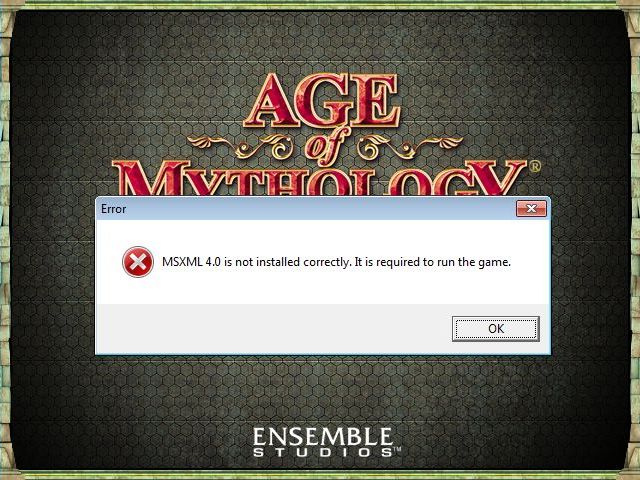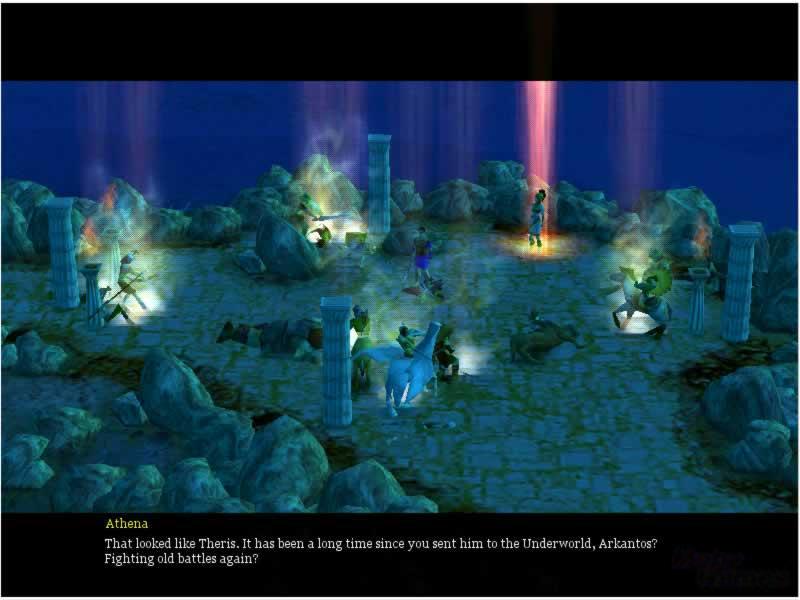
It was the heroes of this Age who fought at Thebes and Troy. It is also the only age that improves upon the age it follows.
Heroic Age – The Heroic Age is the one age that does not correspond with any metal. 
This Age came to an end with the flood of Deucalion. The men of this Age were undone by their own violent ways and left no named spirits instead, they dwell in the "dark house of Hades". Their armor was forged of bronze, as were their homes, and tools. Zeus created these humans out of ash tree.
Bronze Age – Men of the Bronze Age were hardened and tough, as war was their purpose and passion. After death, humans of this age became "blessed spirits" of the underworld. During this Age men refused to worship the gods and Zeus destroyed them for their impiety. They lived only a short time as grown adults and spent that time in strife with one another. Men in the Silver age lived for one hundred years under the dominion of their mothers. Silver Age – The Silver Age and every age that follows fall within the rule of Cronus's successor and son, Zeus. Since δαίμονες ( daimones) is derived from δαήμονες ( daēmones, meaning knowing or wise), they are beneficent, preventing ills, and guardians of mortals. He describes these men as daemons upon the earth. He clarifies that Hesiod did not mean men literally made of gold, but good and noble. 

Plato in Cratylus (397e) recounts the golden race of men who came first. They lived to very old age but with a youthful appearance and eventually died peacefully. Humans did not have to work to feed themselves, for the earth provided food in abundance. Peace and harmony prevailed during this age. Created by the immortals who live on Olympus, these humans were said to live among the gods and freely mingled with them.
Golden Age – The Golden Age is the only age that falls within the rule of Cronus. The Greek poet Hesiod (between 750 and 650 BC), in his poem Works and Days (lines 109–201).







 0 kommentar(er)
0 kommentar(er)
